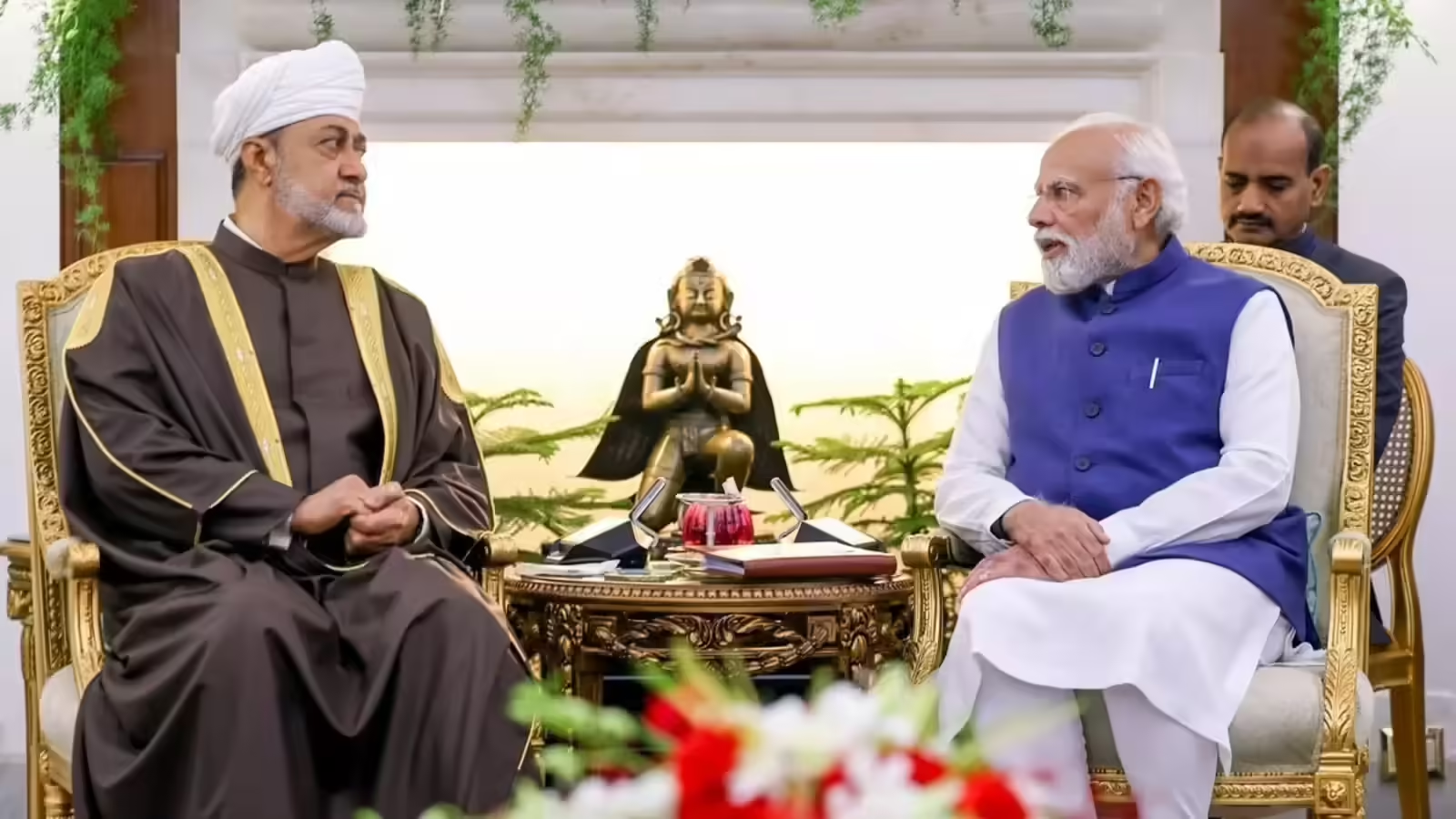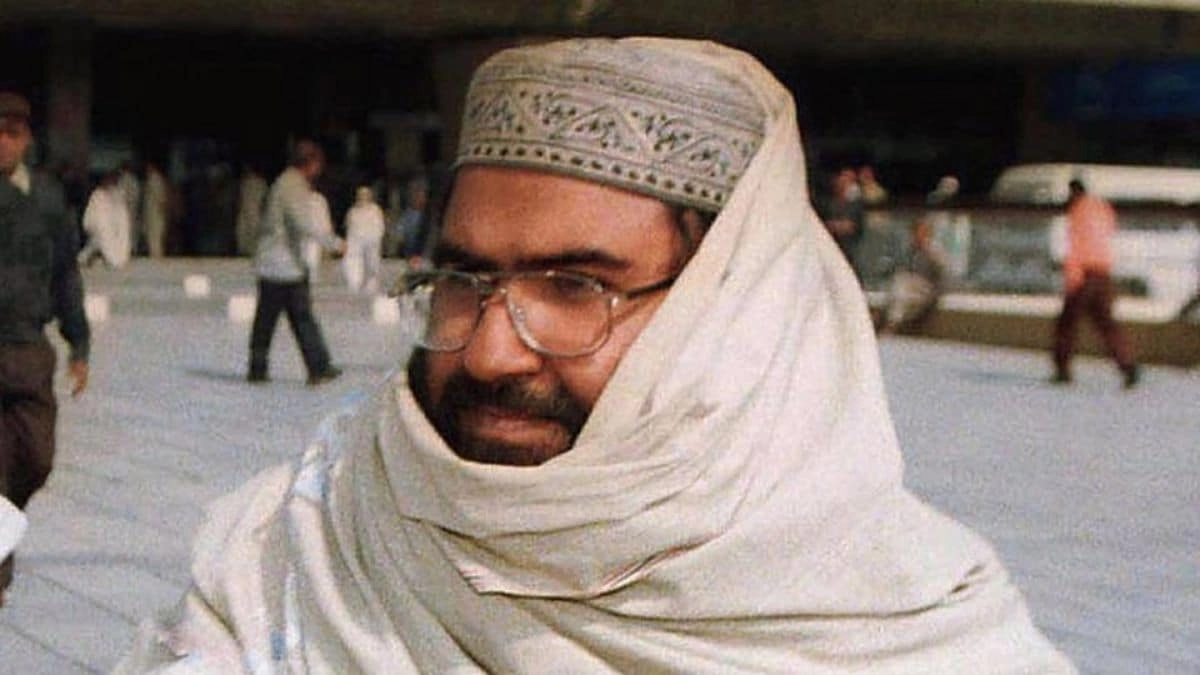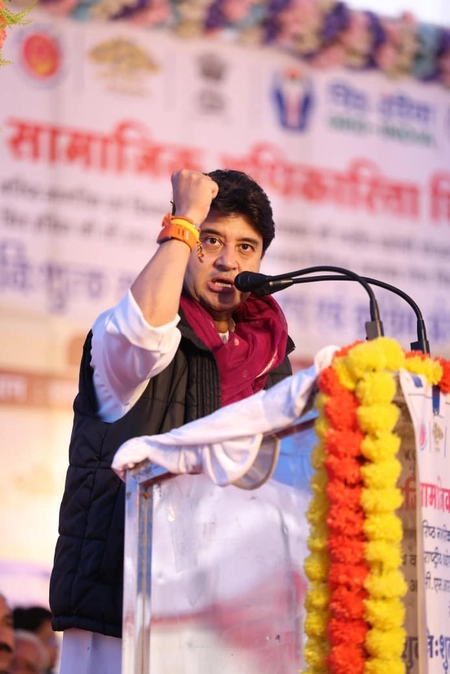In recent discussions surrounding the state of infrastructure in Bengaluru, a growing number of citizens have expressed their frustration over the quality of public amenities and services, leading to a notable movement of residents refusing to pay their taxes. This grassroots initiative emphasizes the discontent among locals regarding the inadequate infrastructure that they believe does not justify the taxes they are expected to pay. Citizens have taken to social media platforms and public forums to voice their grievances, highlighting issues such as pothole-ridden roads, erratic waste management, and insufficient public transportation options. The sentiment is clear: residents feel that their tax contributions are not translating into the improvements they need in their everyday lives.
In response to this burgeoning discontent, Karnataka’s Deputy Chief Minister, DK Shivakumar, has stepped into the discourse, acknowledging the concerns raised by the citizens of Bengaluru. He emphasized the government’s commitment to addressing these infrastructure challenges and assured residents that the administration is working diligently to enhance the state of public amenities across the city. Shivakumar’s reassurance aims to mitigate the growing unrest and persuade citizens of the government’s dedication to rectifying the issues at hand. He also pointed out that while the complaints are valid, the government is in the process of implementing various projects aimed at improving infrastructure, which requires time and resources.
The situation reflects a broader trend in which citizens are increasingly holding their governments accountable for the services and infrastructure they provide. As urban populations grow and cities expand, the demand for reliable and efficient public services becomes more pronounced. The reluctance to pay taxes, in this case, serves as a powerful statement from Bengaluru’s residents, urging the government to prioritize their needs and deliver on its commitments. The dialogue initiated by the citizens and responded to by leaders like Shivakumar underscores the importance of civic engagement and the need for transparency and accountability in governance. It remains to be seen how the government will translate these discussions into tangible improvements that satisfy the demands of its constituents.




